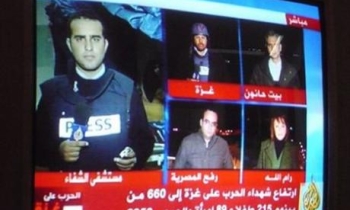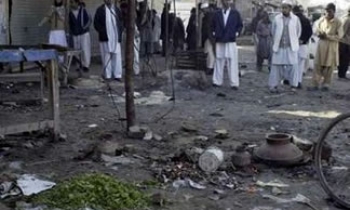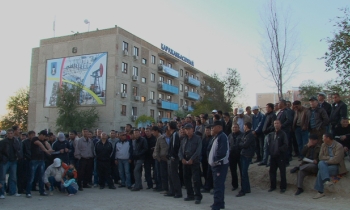Editors, not governments, should decide what is published in the media, the Cabinet said on Wednesday.
However, it warned that the sensitivities of individuals and communities should also be respected.
Government spokesperson Joel Netshitenzhe said: "South Africa upholds the principle of freedom of speech. However, we appreciate that our constitution enjoins us, in exercising this right, to respect the sensitivities of individuals and communities, and to eschew actions that may be interpreted as hate speech."
While the cabinet had not sought to sit in judgment, it had felt the need to discuss the cartoon furore at its Cabinet meeting on Wednesday.
The satirical cartoons have caused great offence among Muslims, resulting in violence in several countries.
Last week a Muslim organisation gained an urgent court interdict preventing several newspapers from publishing the cartoons.
This upset a number of organisations, which claimed the interdict was a violation of the right to freedom of speech amounting to pre-emptive censorship. The Cabinet took the middle ground, saying all should respect the court's decision and where necessary use legal avenues to settle disputes.
The government acknowledged the hurt the cartoons had caused Muslims, but felt a newspaper's content should be left to the editors, Netshitenzhe said.
"We believe that judgments and decisions in terms of what to publish and what not to publish in commercially aimed newspapers and all media should not be the responsibility of government but ... of those who are employed to take these decisions.
"But that right will need to be exercised within the confines of the constitution and our law."
Netshitenzhe said the Cabinet appreciated that South Africans affected by this development had sought to find one another in a spirit of mutual respect.
"We do appreciate that, perhaps what has become tradition in South Africa when dealing with the issue, there is an attempt by all those affected to find solutions to the problems without resorting to violence."
Netshitenzhe cited the example of Independent Newspapers holding talks with Muslim representatives to seek a resolution of tensions generated by the publishing of an opinion article in the Sunday Argus.









